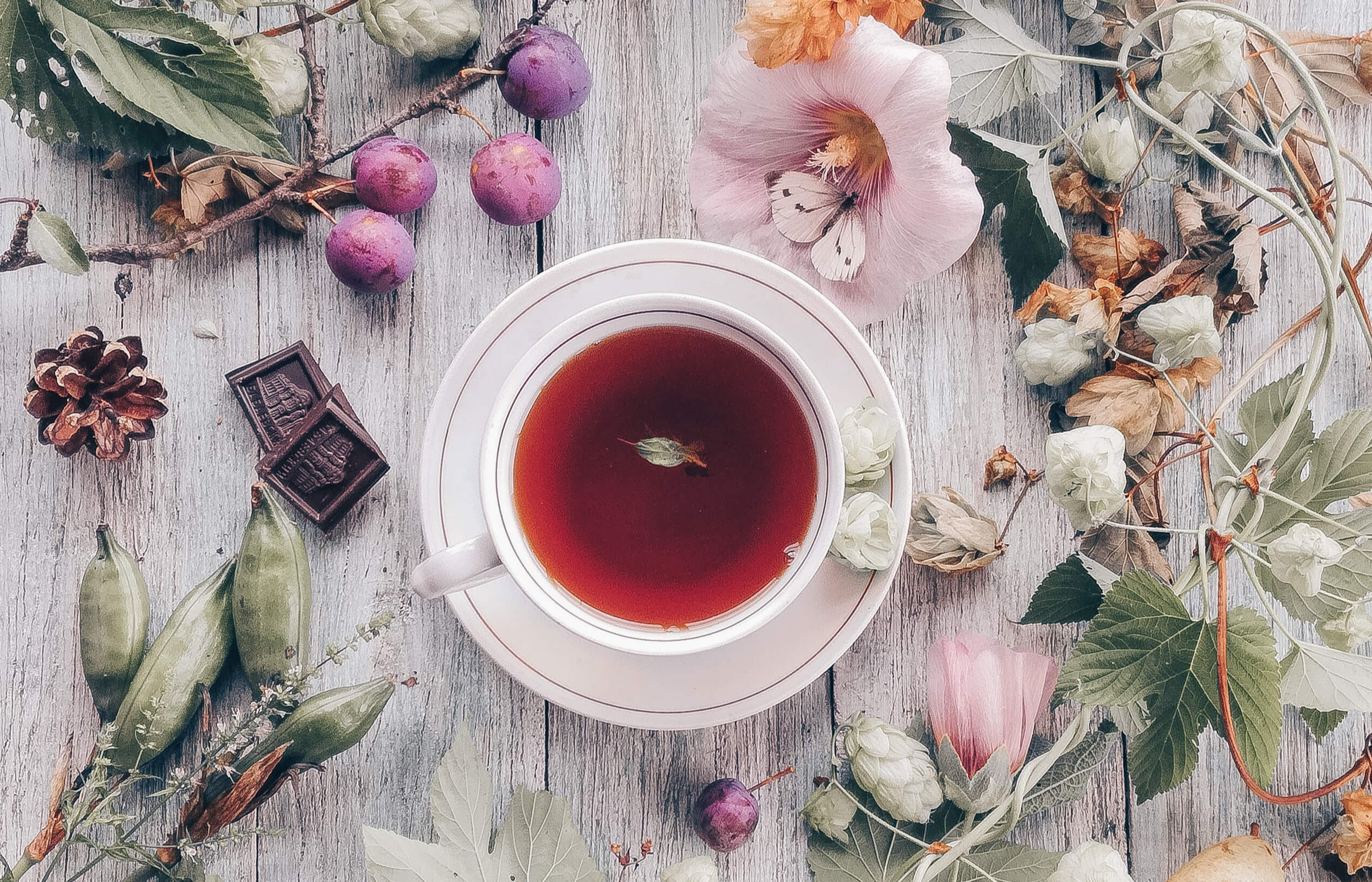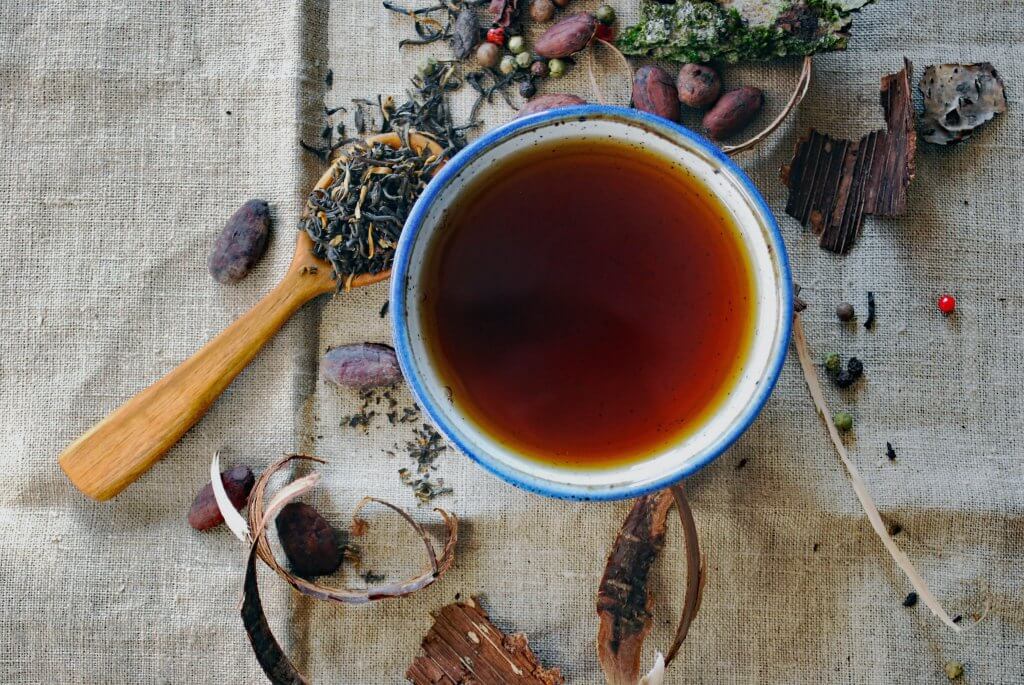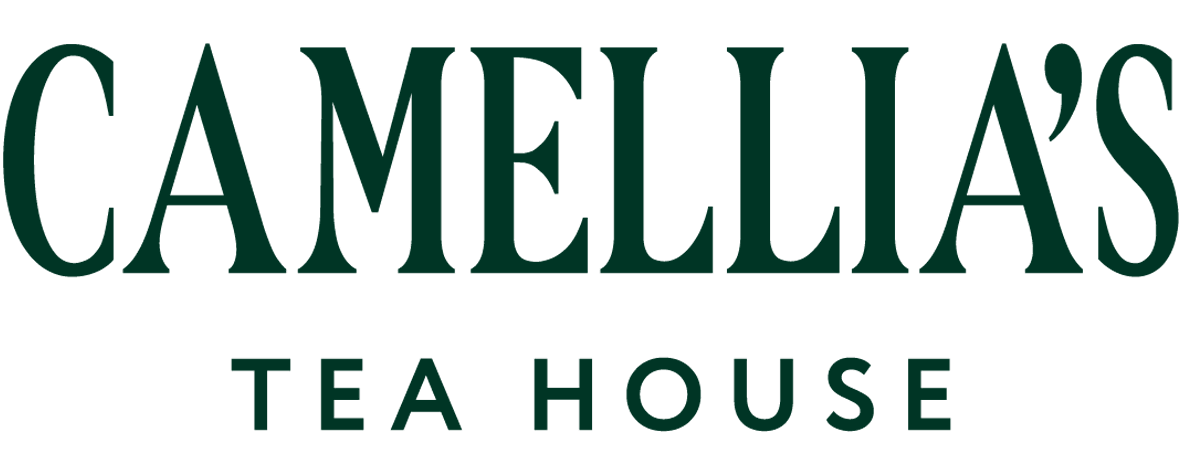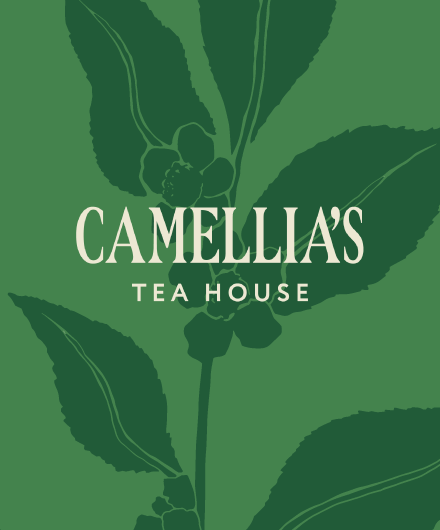Are herbal teas on the increase since the pandemic?

Herbal tea sales were on the rise before the pandemic, and since the onset, there has been an increased shift towards health and nutrition in general. Even though everyone knows the importance of consuming healthy foods, many also consider alternative nutritional support such as supplements, herbal remedies, and wellness teas.
It’s fair to say that consumers have looked for additional protections to help boost immunity to fight viral infections. According to the World Tea News, a Chicago-based company conducted research in 2021. They found that 31 per cent of consumers were purchasing customized health products, and 50 per cent preferred food and beverages with functional health benefits to support the immune system, mental health and increasing energy.
According to the Indian Express, another study in India highlighted that consumers were willing to spend more on fitness, wellness and nutrition, with Covid-19 creating the most significant shift and taking health and immunity to the centre stage. Healthy tea consumption has increased dramatically along with herbal supplements, and adaptogens, such as ashwagandha, maca, and curcumin.
What do experts in the industry say?

According to the World Tea News, Vince Macciocchi, senior vice president of the Chicago-based nutrition business unit, explained, “The global health crisis has changed consumer preferences in new and unexpected ways. We are seeing a heightened demand for foods and beverages that support immune systems, enhance our mood and reduce our environmental impact, driven in part by emerging human tensions. This has provided a unique opportunity for brands to develop disruptive new products that will forever change the way we eat and drink.”
Shabnam Weber, the president of the Tea and Herbal Association of Canada, explained, “The need to take care of one’s well-being, both physical and emotional, remains a strong driver for consumers,” she noted during the pandemic. “Today, 58 per cent of consumers are actively looking for healthy products when they shop, resulting in a 171 per cent increase of functional food and beverages introduced to market in the past 10 years. This trend will continue, and it provides the tea community with an opportunity to boost its growth by focusing on tea as a healthy beverage.”
We couldn’t agree more; chronic diseases and related health care costs are rising, and consumers are looking for alternative approaches to keep themselves healthy.
The internet carries information on the numerous health benefits of herbs and spices with scientific reports provided. With this in mind, our health spa customers have seen increased demand for functional therapy teas that we have created, explicitly targeting the effects of chronic disease and its related drug therapies. Our customers have also found them very popular for daily wellness and health maintenance.
We expect to see continuing interest in the consumption of botanical herbal teas and other speciality teas as consumers move towards a gentler approach to healing and wellness. And we at Camellia’s Tea House will be at the forefront of that, driving innovation and the ongoing development of new and supportive herbal tea remedies!








COMMENTS